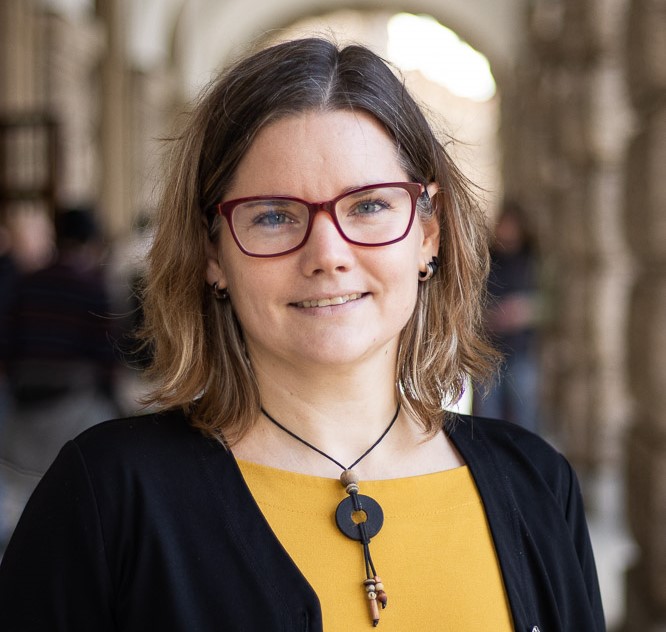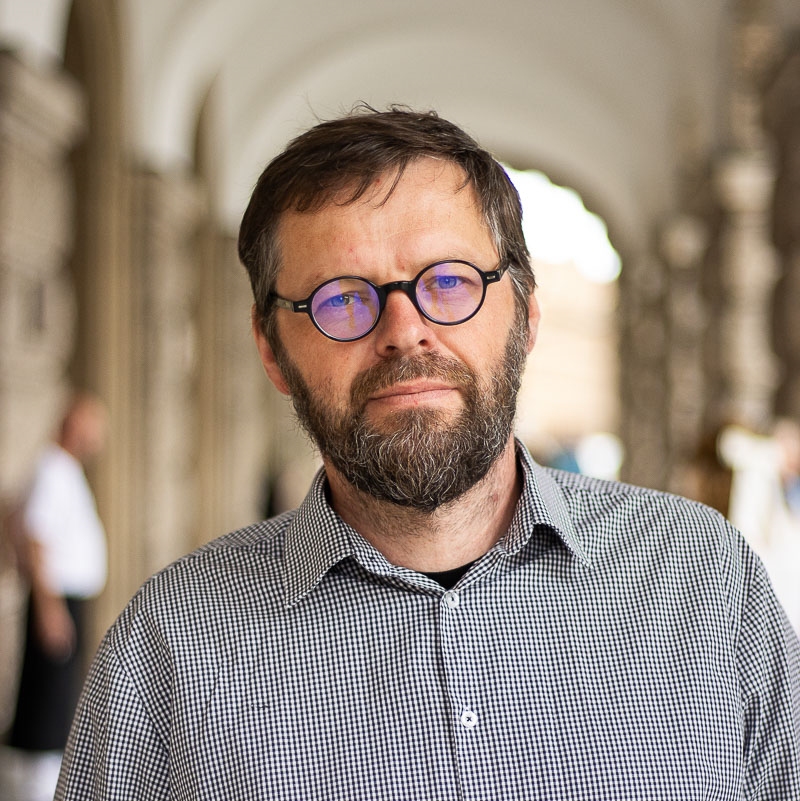What is Ombudsperson responsible for?
The Ombudsperson is an independent body of the faculty addresses the issues of ethics, equal treatment and opportunities, discrimination, and coflict situations at CU FA. The office provides support for students and employees of the faculty.
You may contact the office via:
- email or phone,
- meeting in person at an arranged date and time or visiting during the office hours,
- FaceUp platform.
The Ombuds Office does not only assess problematic situation but also applies preventive mechanisms and establishes safe and supportive academical environment and education, for example by publishing recommended practices (currently only available in Czech).
In what matters can you contact the Ombuds Office of CU FA?
You may contact the Ombuds Office when you encounter any of the following issues:
- unethical treatment in CU FA academia or suspected violation of the Code of Ethics,
- discrimination based on gender, ethnicity, sexual, religious, or political orientation, health (including psychological and psychiatric disorders), ableism, ageism, or economic situation,
- inappropriate and unequal treatment, bullying, mobbing (collective bullying), bossing (bullying from superiors), sexual harassment or violence, and other cases of inappropriate and unequal behaviour,
- inactivity of bodies or positions who should take action (e.g., the reporting person addressed a particular university body, such as the Student Affairs Office, an institute, or the Vice-Dean, and there was no reaction or solution of the problem from their side),
- You may also contact the Ombuds Office with suggestions or recommendations for improvement.
Vision
The Faculty of Arts, Charles University, creates, maintains, and provides all students and employees with a healthy, supportive, and positive environment where the valuesof human dignity, rights, non-violence, fair play, cooperation, and dialogue are protected and developed.
Mission
The Faculty of Arts, Charles University, strives to create an environment where, apart from acquiring excellent educational and academic results, it will be a pleasure to study and work, and the students and employees will feel safe, free, and equal during their study and work obligations and goals.
Pillars of work
Our work is structured around four pillars, which are also our goals that the office advocates for at the faculty and tries to achieve them.
Contacts and Office Hours of the Ombuds Office
Reporting platform FaceUp
ombuds@ff.cuni.cz
room S160
nám. Jana Palacha 1/2, 110 00 Prague 1
Mgr. Pavla Špondrová
pavla.spondrova@ff.cuni.cz
+420 778 532 153
Mondays 3:00–5:00 pm (by phone/email arrangement during summer holiday)
Mgr. Ing. Tomáš Pavlas
tomas.pavlas@ff.cuni.cz
+420 771 516 771
Tuesdays 10:00 am – 12:00 noon (by phone/email arrangement during summer holiday)

Mgr. et Mgr. Pavla Špondrová
Ombudswoman of CU FA

Mgr. Ing. Tomáš Pavlas
Ombudsman of CU FA




